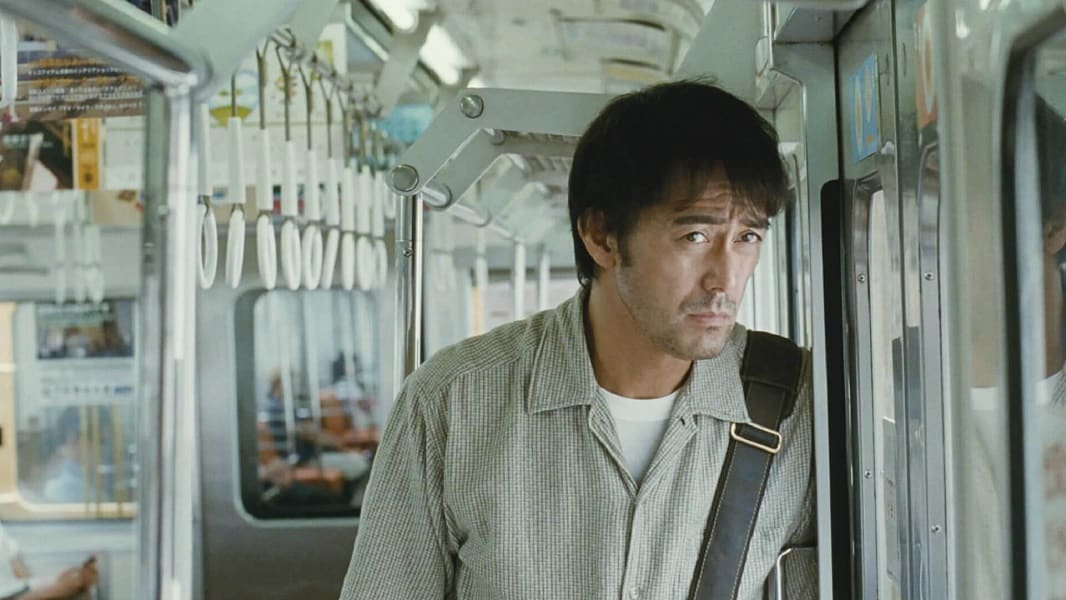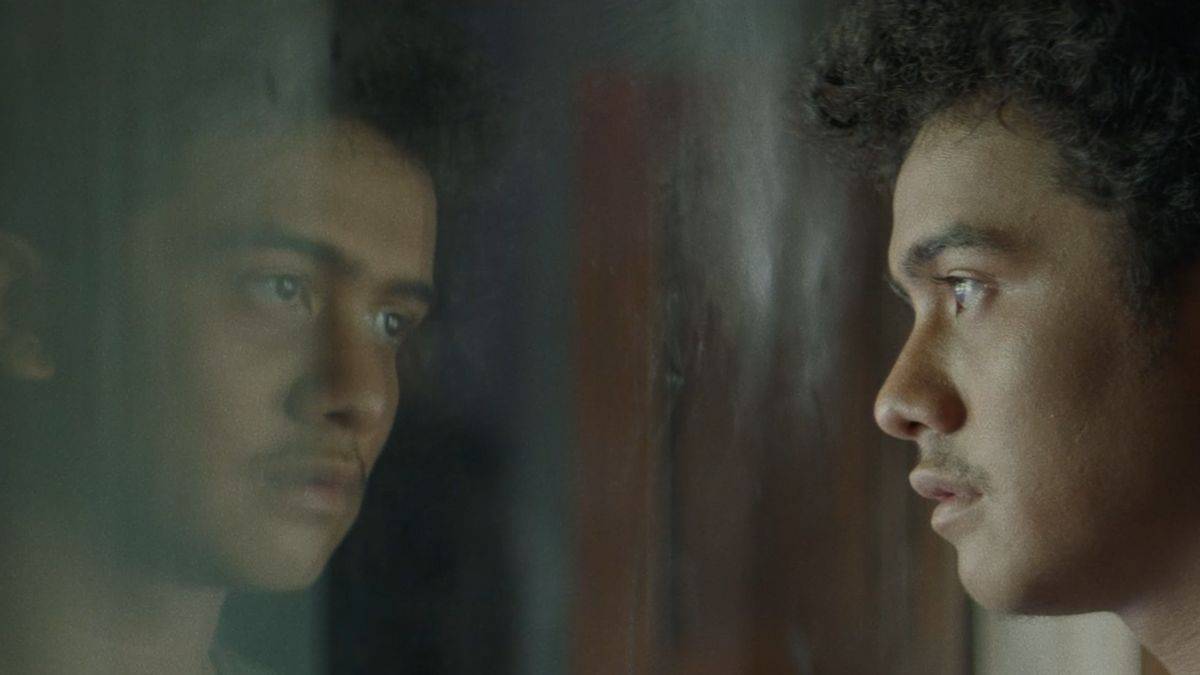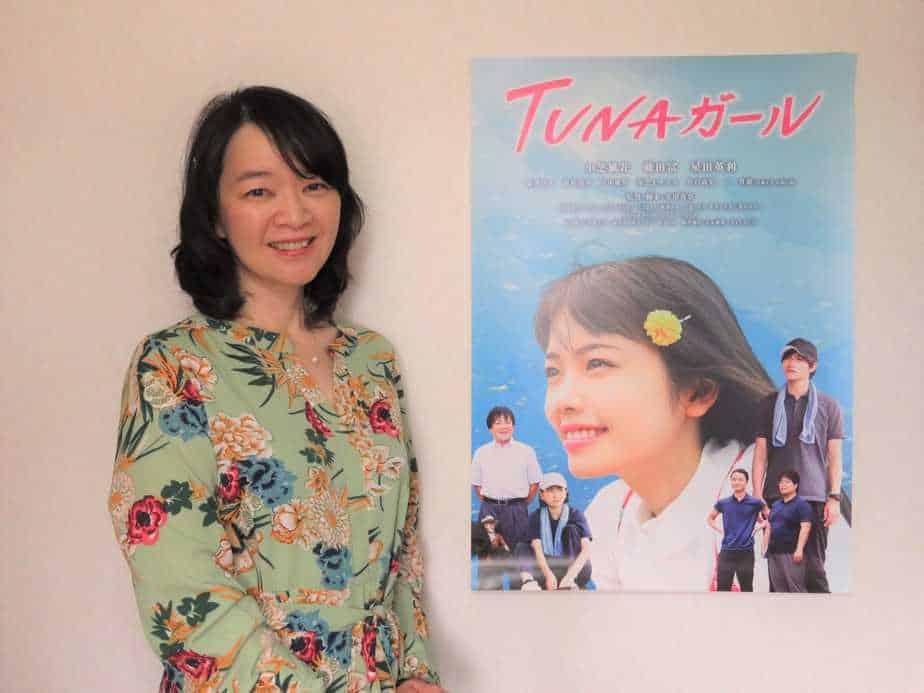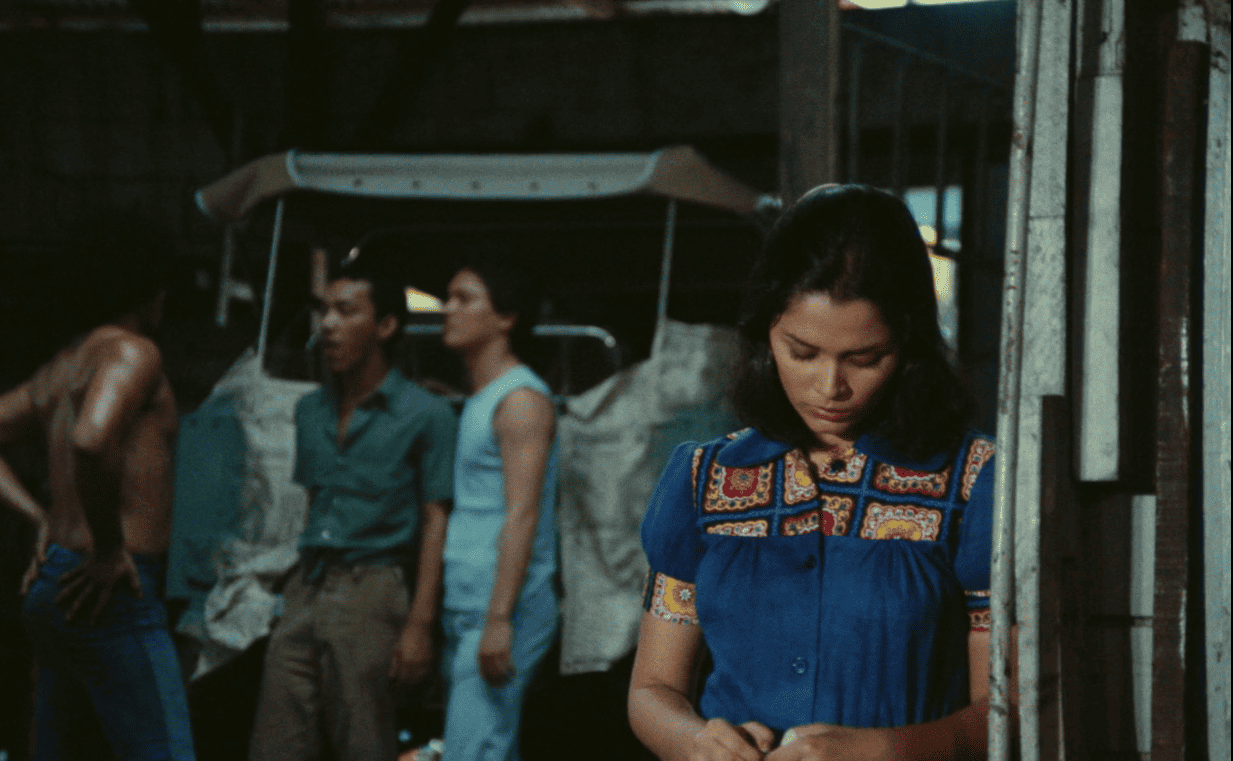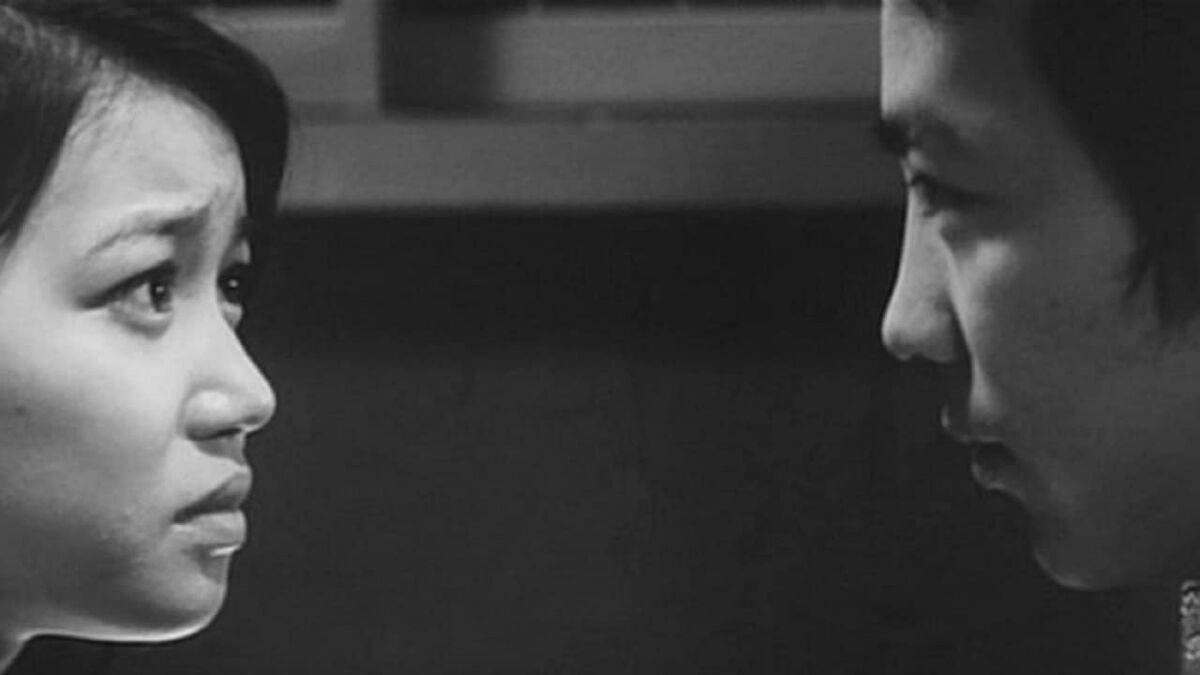Salvita Decorte was born in Denpasar, Bali, Indonesia, and started a career as a model at the age of 15, becoming a brand ambassador for Volcom in 2012. Salvita also inherited a love of art from her parents who were both painters, she specializes in abstract paintings.
Salvita's career as an actress began in 2014 with a supporting role in the film “Mantan Terindah”. She won the lead role in “Lily: Bunga Terakhirku”, co-starring Baim Wong, and she is best known for “The Night Comes for Us“, “DreadOut” and “Preman”. Besides the big screen, Salvita has a starring role in Season one of the HBO series “Halfworlds”.
We talked with Salvita about her passion for painting, working with Indonesian top directors Joko Anwar and Timo Tjahjanto, going from modelling to kicking asses in action movies, and more.

From what I understand, apart from actress, you are also a painter. Can you tell us a bit more about this aspect?
Yes. I grew up with parents who were both artists. A part of my childhood was watching my dad paint. When my father passed away, his studio was still occupied with his artworks and canvases but he was no longer there, it was lonely. Looking back at that moment now, it seems that that particular moment was a calling for me to use whatever time i had left in that space to paint – that is when I realised that i need to paint and it is my form of processing, releasing, expression and meditation. I have always preferred painting as a way to communicate my feelings and thoughts.
Before beginning to act, you modelled. Do you think modelling helped in some ways?
It paved a way for me to get into acting. Growing up in Bali, I didn't get a chance to join any theater classes or acting workshops, at that time there wasn't much options around the island except for traditional Balinese dance, which I joined for most part of my childhood. Modelling andacting are both challenging. Starting of as a model helped me to some extend. You learn not to feel uncomfortable with the camera and you get familiar with the set and the new people you meet. It also prepped me or helped me in dealing with rejection (which is relatable in both modelling and acting).

How was your experience working with Joko Anwar in “Halfworlds”? What do you think has made him so successful?
“Halfworlds” was one of the first projects I took on. I remembered being super happy and at the same time, scared to my guts. I am grateful for the experience. Not having any film background (in terms of “formal” education) or that much experience, working on set with Joko was an amazing start and learning ground. I decided that if I wasn't going to have any formal education in film, at least I was going to learn it by doing it. I came into that set not knowing much about blocking, pacing, movement or any technicalities…. and I had never been in a space with that many people working on one movie. It was nerve wrecking but Joko guided me throughout the process and made me feel like I belonged there. Joko is a hard worker and he is passionate about film. It is personal and it shows in his work.
Was it difficult learning martial arts for your role?
Yes, it was. I also think most of my martial art scenes were cut out from the series (laughs). Like a lot of things, I wish I had more time to prep. Learning to control my movements was the most difficult – in combination with remembering the choreography and keeping your character's emotions where it should be.
How was your experience working in such a bloody film like “The Night Comes for Us”? Were you disappointed that you were not part of action so much?
I didn't get to see how crazy it was until I actually watched the movie! I always wanted to be the girl who kicks ass in action movies but I also know that for me personally I would need a good amount of practise and Timo chose the PERFECT actors and actresses to play the parts that have to do a lot fighting scenes. They did an amazing job.

How was your collaboration with Timo Tjahjanto and Iko Uwais?
Timo added another stepping-stone in my career. He taught me a lot about the technical aspects of making a movie. Feeling comfortable on set is a big thing for me, especially in collaboration. Timo and the rest of the cast definitely made it easy for me to feel comfortable. I only met Iko once during the whole time of shooting, he was super chilled and welcoming.
“DreadOut” (by Kimo Stamboel) is based on a video game. Did you find any differences in the way the film was shot due to this fact?
I think the fact that it was based on a video game didn't really affect the scene that I shot, which was more of a quick background story to the movie. I do know though, that it did affect the way the other scenes are shot. I noticed a lot of first-person view, as you would have in the video game.
How was your cooperation with Kimo Stamboel? What are the differences between the way he and Tjahjanto shoot?
It was the first time for me to work with Kimo as the director. I met him on the set of “The Night Comes For Us” where he was the producer. It was awesome working with him! He likes to talk about the characters and really takes time to sit down with you and go through any details regarding the character. He is also very open to any interpretation you may have regarding the characters you play. My personal opinion is that both Kimo and Timo shoot in a similar pace. I found that Kimo pays a lot of attention to the emotional aspect of a character and Timo pays a lot of attention to the technicality of a character/story.

In general, how do you decide which roles you will play? Is there a role you always dreamt of playing?
In the beginning of my career I wasn't picky, as I just wanted to be on set and learn. Now – still learning – I try to take different characters each time, characters that might be personally challenging or characters that seem real to me.
From the ones you have already done, is one that truly stands out for you?
All of them are special to me, as I always trace back to them and think of the things I learned from each project. From the recent ones, “Abracadabra” was my first fantasy movie (maybe also Indonesian first?), and it was special as it was a reminder that freedom of expression and creativity is so liberating and priceless. “Preman” by Randolph Zain (still in post pro) is also another project where I felt that the director was honest with the story he wanted to tell – it was personal and creative. The character I played was also very different to who I am in real life.
Can you give us some details about “Abracadabra” (by Faozan Rizal) and your role in the film?
“Abracadabra” is a fantasy movie that follows the journey of a magician, Lukman played by Reza Rahadian who is about to quit performing magic, as he no longer believes in magic. I play Sofnila who magically appears in Lukman's life.
What is your opinion of the Indonesian film industry? How hard is for an actor to succeed? Is it more difficult for women?
It's growing but I think it could grow much more if the government realises its importance. I find that there are not many females in Indonesian cinema, especially behind the scenes. I know the talent is there, the ambition is there but it seems that maybe we are not given the same amount of opportunities… Nevertheless there are some great movies coming out from Indonesia.
Are you working on any new projects?
Not at the moment, but there are three movies in post pro coming out this year.



